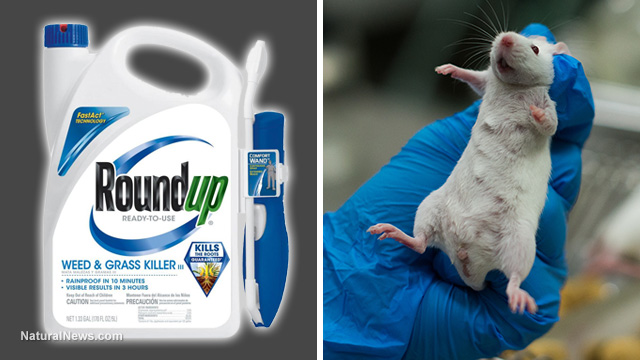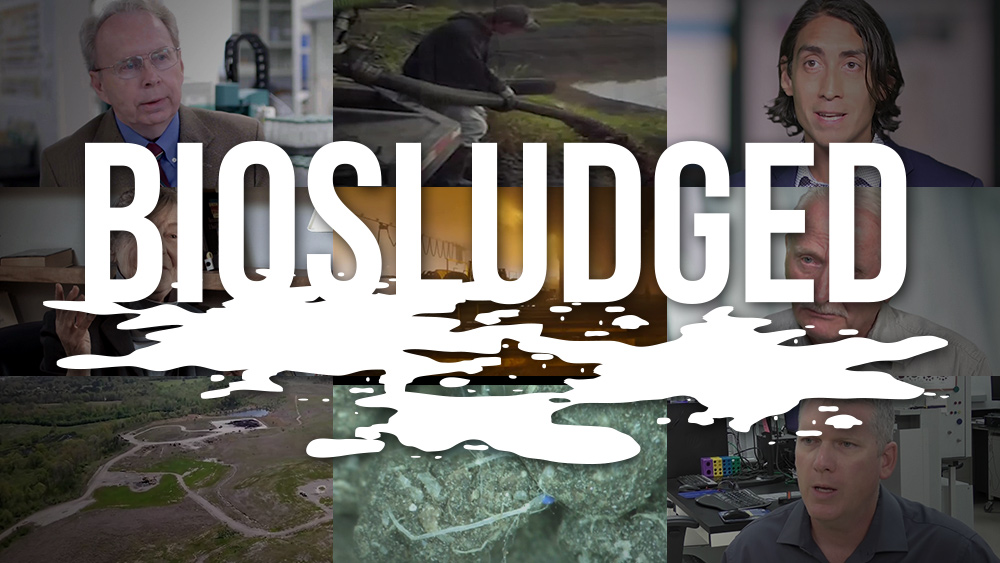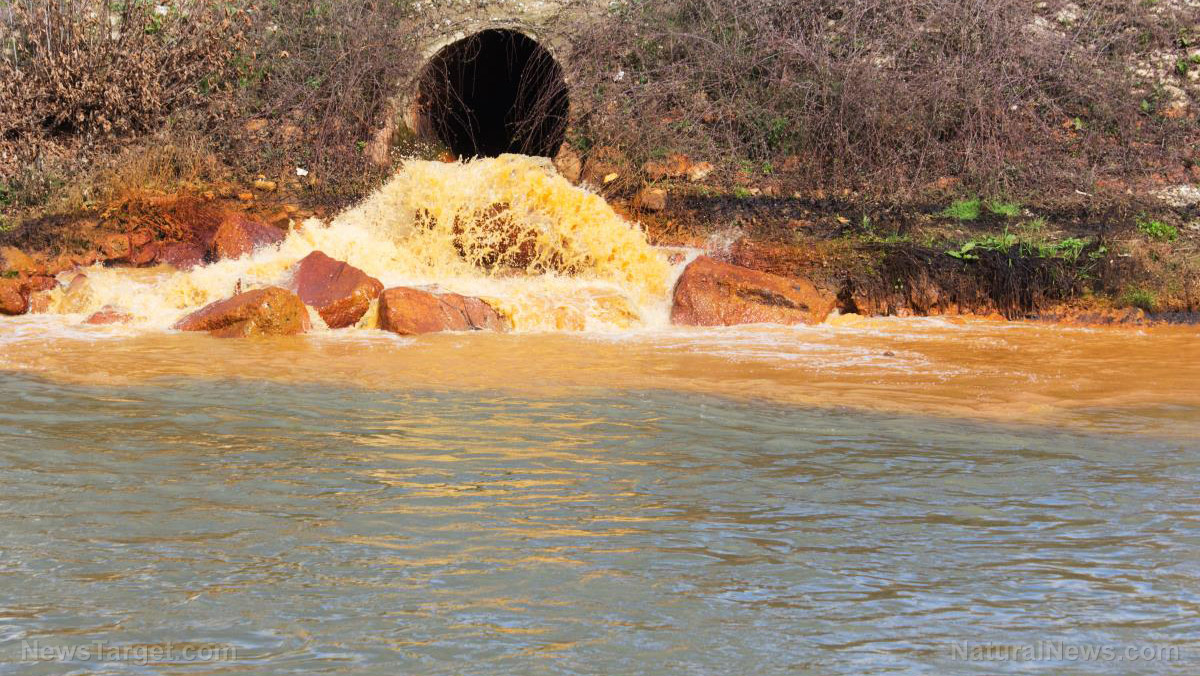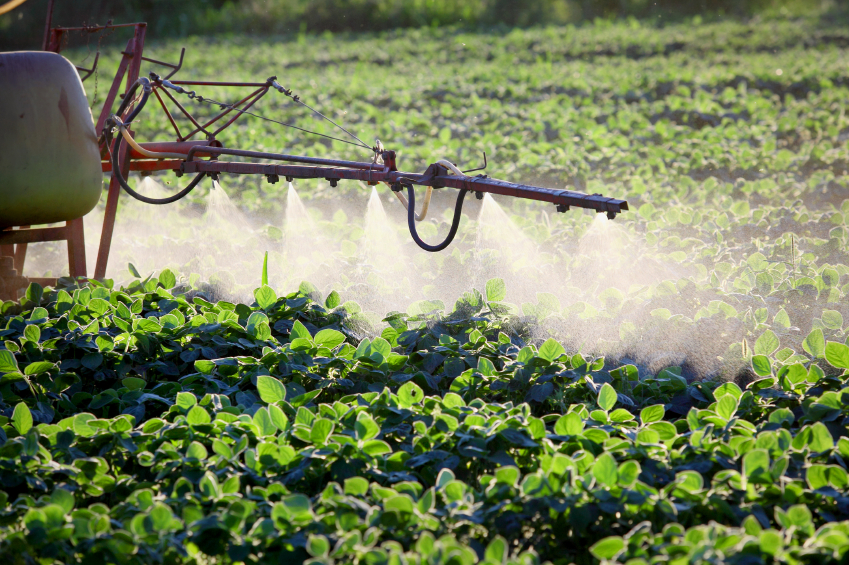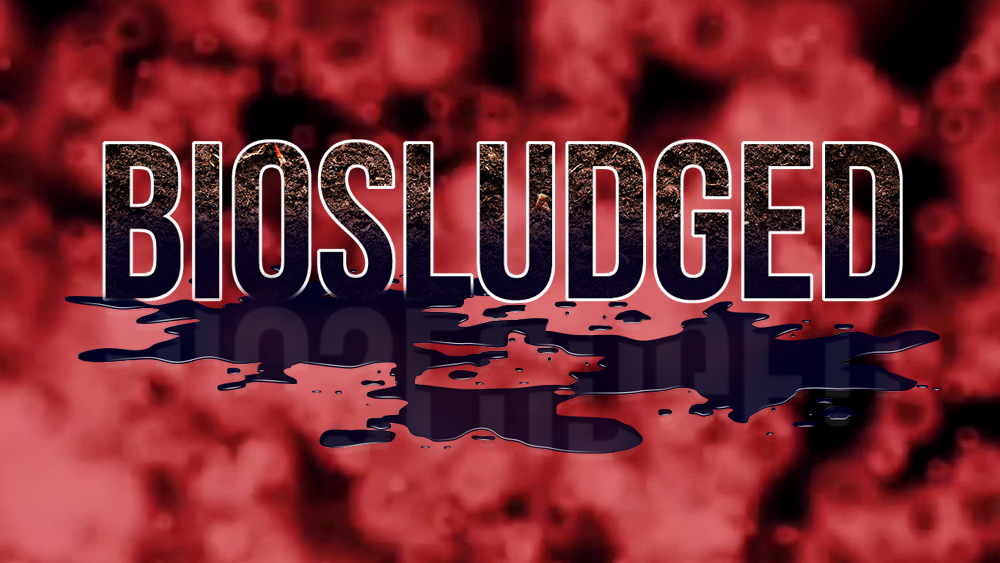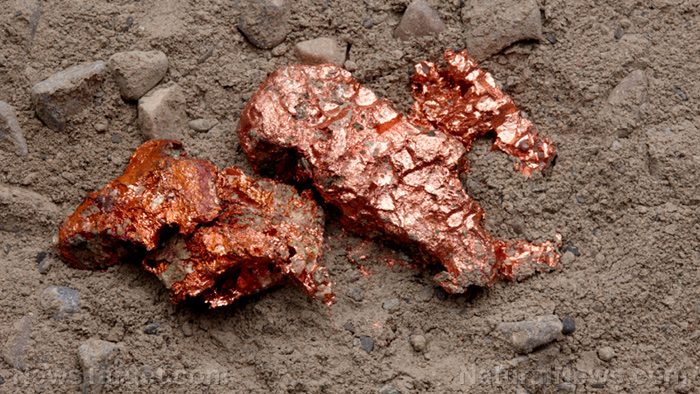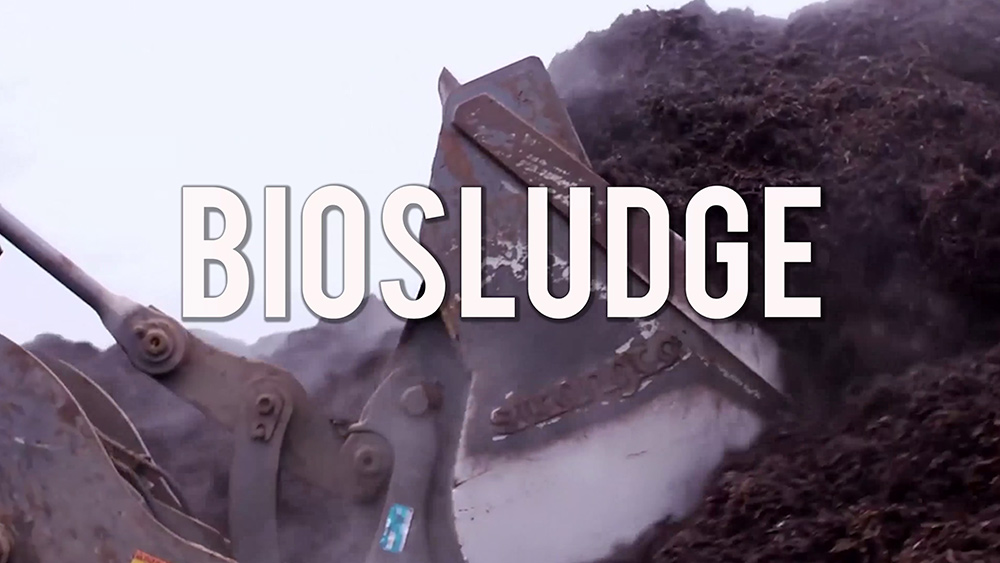Concerned citizen says EPA committing consumer fraud by advertising biosludge as “safe”
12/03/2018 / By Ethan Huff

Is the American public getting taken advantage of by federal regulatory bodies that are supposed to exist to protect them? One man from Texas says so, having witnessed the horrors of U.S. Environmental Protection Agency (EPA)-approved “biosludge” and what it’s done in and around his property located near Dallas-Fort Worth.
During an interview he gave as part of the new Biosludged film – be sure to watch the official Biosludged trailers at BrighteonFilms.com – Craig Monk explained how the EPA tends to speak out of both sides of its mouth when it comes to the “safety” and “benefits” of biosludge.
As of this writing, the official E.P.A. website has an article published on the front page that headline how the standards that govern biosludge, a.k.a. sewage sludge, allegedly “help protect public health and the environment.” On the “Basic Information about Biosolids” page, the EPA further states that biosolids are “nutrient-rich organic materials produced from wastewater treatment facilities.”
It all sounds so natural and fertilizer-like: the conversion of what’s flushed down people’s toilets into the raw equivalent of crop fertilizer – what could possibly be wrong with that? Everything, it turns out.
“Sewage sludge, or biosolids – whatever you want to call it – was never designed to be put out on top of land. It was designed to be put in a landfill, a lined landfill, because of the contaminants, chemicals, and pathogens that are in it,” Monk explained during the interview, which you can watch below at Brighteon.com.
“But the EPA came up with this process to allow cities to dump on farms in the name of ‘beneficial’ and ‘safe.’ And to this day, if you look at their website, it promotes biosolids to almost a point of what I consider to be consumer fraud, because they turn around and produce other documents that show the hazards in it.”
Based on the legal definition of “consumer fraud,” it looks like the general public might have a case against the E.P.A.
Keep in mind, here, that the EPA actually categorizes biosludge as “fertilizer” that is says helps “to improve and maintain productive soils and stimulate plant growth.”
“Effective sewage sludge and biosolids management options help ensure that useful materials are recycled on land and harmful materials are not released to water bodies,” the agency’s website adds.
It all sounds so great until you realize that, out of the other side of its mouth, the EPA admits that it really doesn’t know how safe biosolids actually are. An EPA report published on November 15, 2018, reveals that the EPA is actually unable to determine the environmental and human impact of the “hundreds of unregulated pollutants” that are routinely found in biosolids.
While the EPA has thus far identified the presence of some 352 pollutants in biosolids – including pharmaceuticals, steroids, flame retardants, and a whole lot more – the agency “cannot yet consider these pollutants for further regulation due to either a lack of data or risk assessment tools.” In other words, the EPA is claiming biosolids are safe, but in all actuality cannot actually prove that they’re safe.
This is why Monk has determined that the EPA is committing consumer fraud against the public, as people like himself and his neighbors are now having to suffer the consequences of toxin-laced biosolids that are causing horrific odors – and that in some cases are even washing into their yards and causing biohazards.
Be sure to watch the full interview with Craig Monk at Brighteon.com, and watch the full Biosludged film for FREE at Biosludged.com.
You can also learn more about biosolids by visiting Biosolids.news.
Sources for this article include:
Tagged Under: Biosludge, Biosludged, Brighteon, Brighteon Films, chemicals, consumer fraud, contaminants, corruption, Craig Monk, crops, deception, disease causes, Ecology, ecosystems, environ, environment, Environmental Protection Agency, EPA, EPA fraud, farming, fertilizer, food security, food supply, fraud, interview, lies, pathogens, poisons, report, science fraud, sewage sludge, sewer water, toxins




